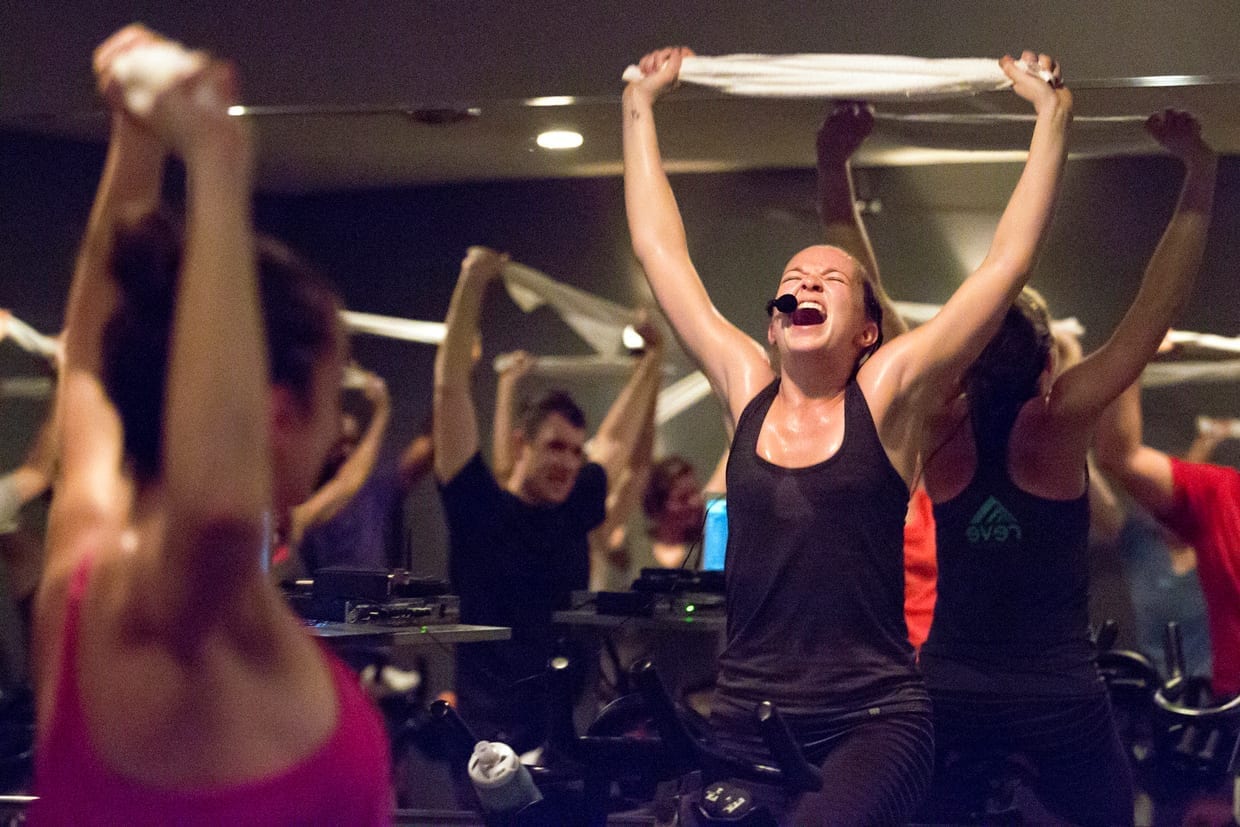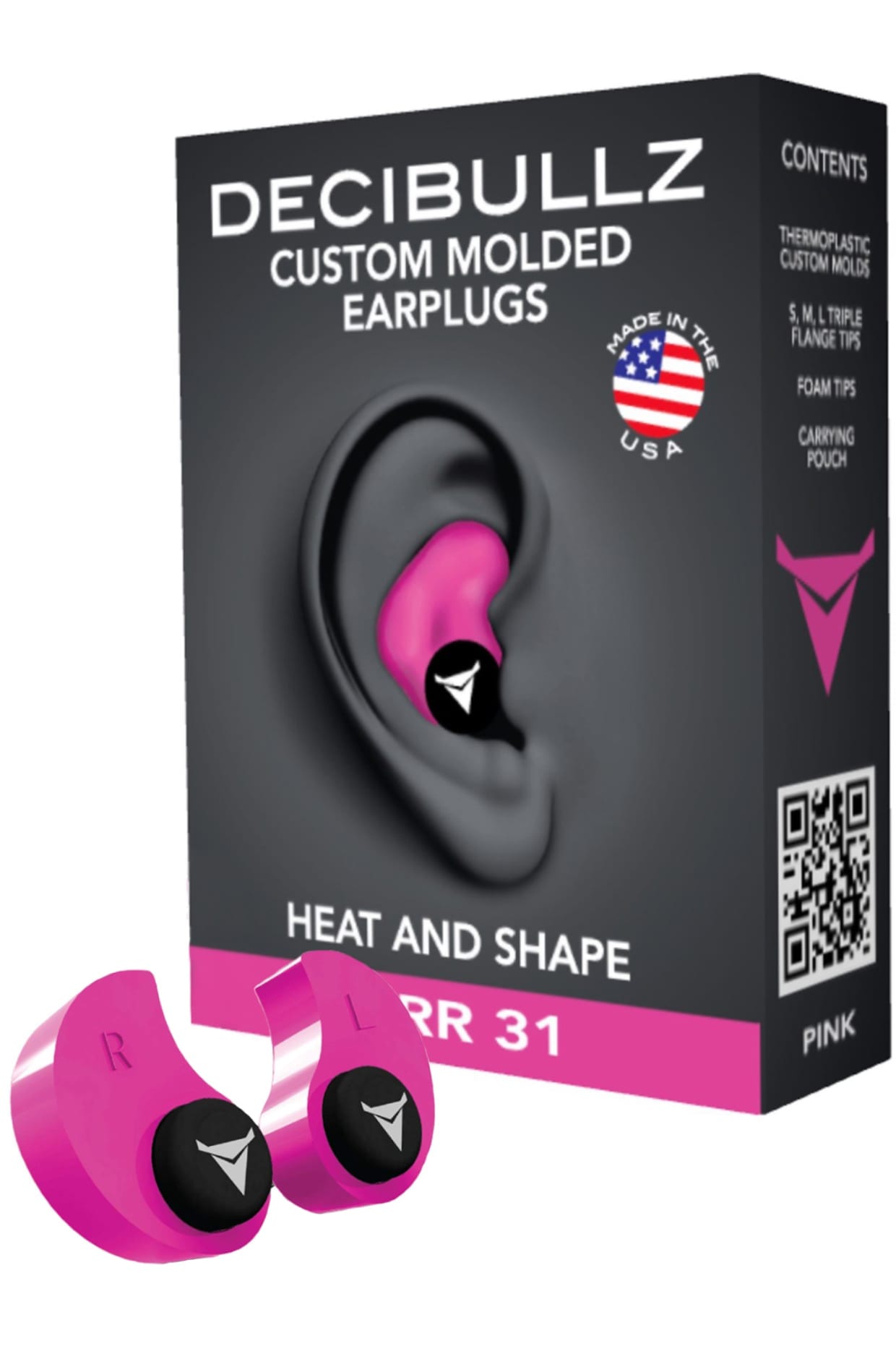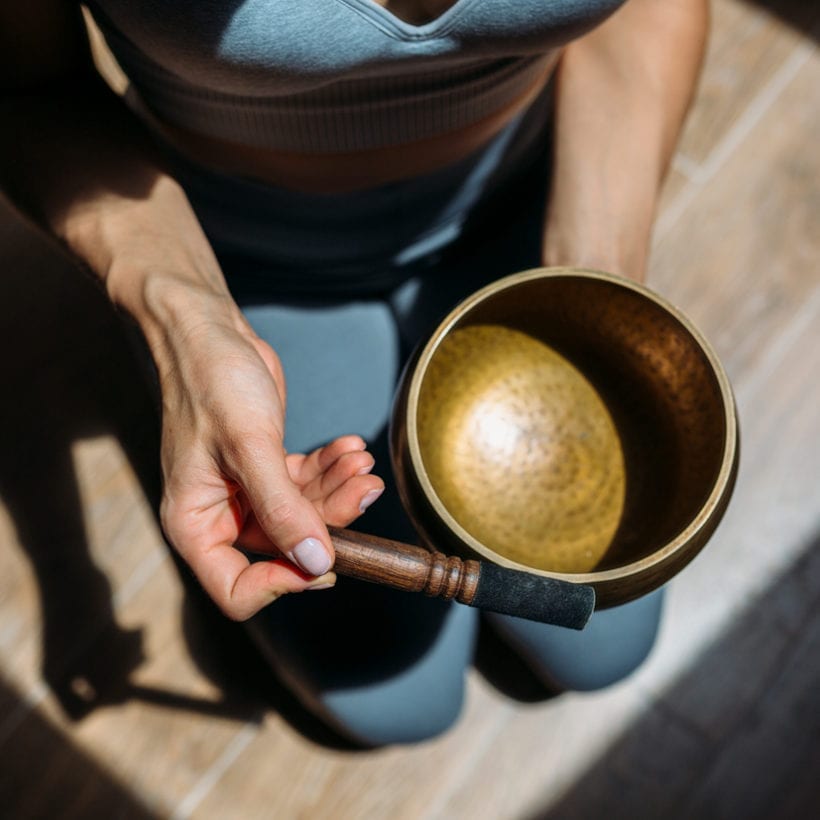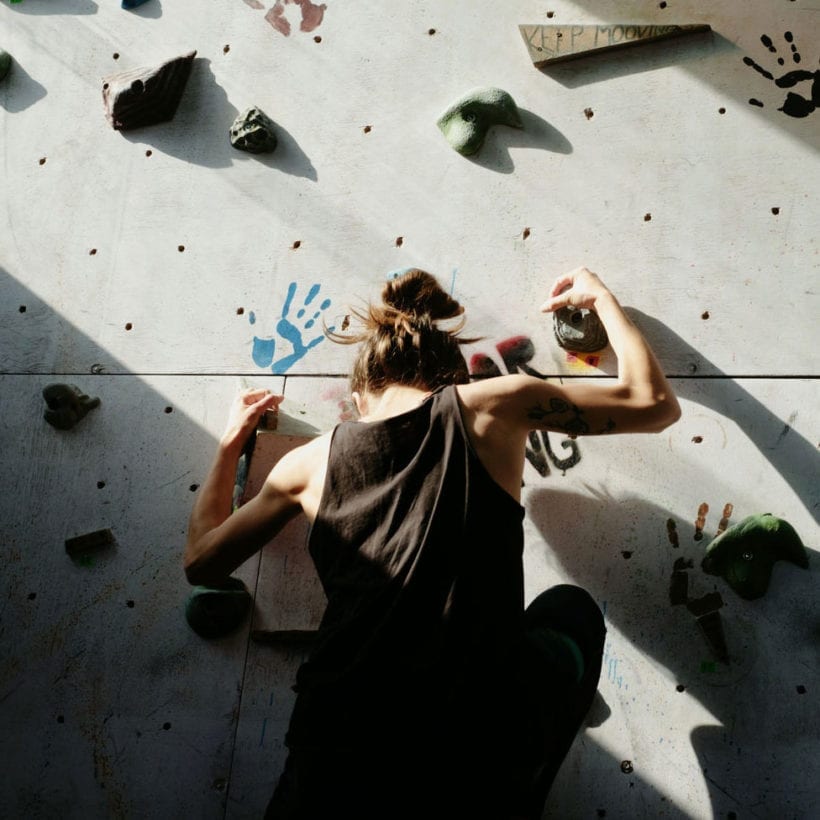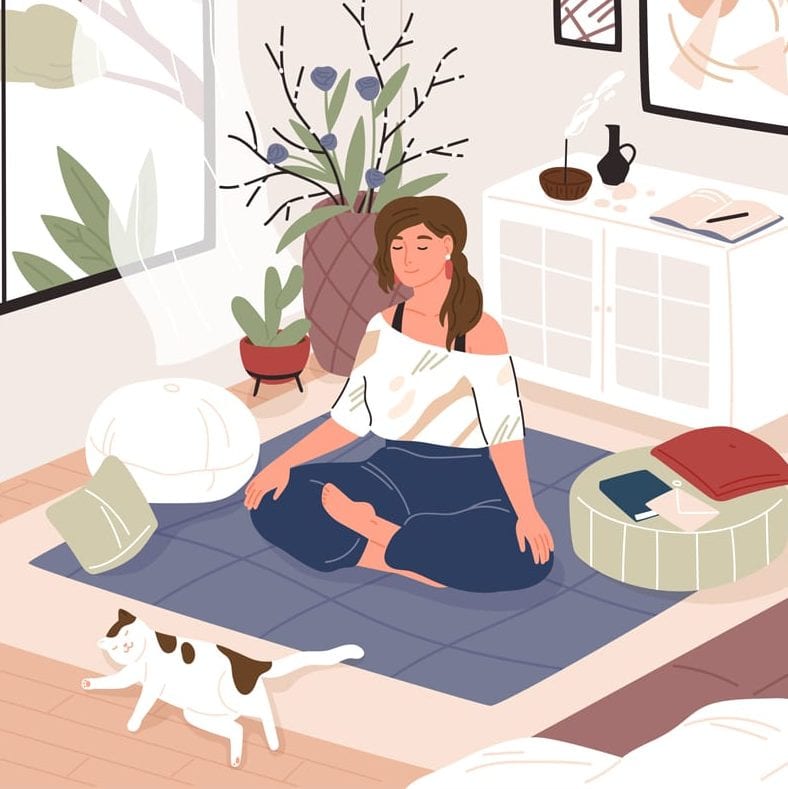At first, I was convinced that my throbbing headache and the strange ringing in my ears had something to do with the intensity of the boxing class. Yes, my arms and legs were on fire, but was my head supposed to be pounding this ferociously, too? With only 15 minutes left in the class, I almost walked out before it ended, but I also did not want to look like a wimp who couldn’t handle the class, so I stayed.
I stayed the whole hour, and my body — specifically my ears — was punishing me for it. Post-workout, my head was in more pain than my fatigued muscles, and the ringing ears lasted hours after I exited the building. After chugging as much water as I could (turns out dehydration was not the culprit), I soon realized that water was not going to do much for the major ear damage I just endured throughout the class.
It has been about six months since I last visited that boxing studio, and the painful experience forced me to take a hard look at the damage I have been doing to my ears during every music-blasting workout class. While your favorite boutique fitness class might be boosting your cardiovascular health, it could also be setting you up for the hearing loss. Loving the beats your favorite instructor plays every Wednesday at spin? Imagine barely being able to hear that same music clearly in just 20-30 years.
https://www.instagram.com/p/Bz6W7C0h83a/
“Music is a fantastic way to provide motivation and relaxation during exercise, and it’s clear that many people have found boutique fitness classes to be a great way to improve their cardiovascular health,” says Elliott Kozin, M.D., otolaryngologist, a hearing researcher at the Massachusetts Eye and Ear in Boston, and co-author of a 2016 study investigating how cycling classes might be bad for hearing health. “However, music that’s too loud can have both short- and long-term harmful hearing health effects for both participants and instructors.”
The music is not the only noise harming our ear health. “These high [noise] levels come from the music that’s pumped and from the voice of the instructor that’s amplified, often [even louder] in order to be heard over the volume of the music,” says Laurie Hanin, an audiologist from the Center for Hearing and Communication in New York City.
So, how exactly are these noise levels ruining our ears? According to Hanin, loud music can’t permanently damage the eardrum — only very loud blasts from things like an explosion or firearms nearby can. It is the inner ear that suffers from loud music and instructors during fitness classes. “Hair cells in the inner ear are very sensitive to sound-induced trauma, and we cannot regenerate these cells once they have perished,” says Oliver Adunka, M.D., otolaryngologist, and professor of otolaryngology at The Ohio State University Wexner Medical Center.
Hair cells in the inner ear are very sensitive to sound-induced trauma, and we cannot regenerate these cells once they have perished.
Short-term exposure to loud sounds can cause hearing-related problems, and symptoms include sensitivity to noise, feeling like your ears are underwater, and ringing in the ears (or tinnitus). Tinnitus may cause hearing to appear muffled, and “is considered to be a temporary hearing threshold shift, if, in fact, the hearing has shifted,” explains Hanin. “[While] this will go away in a short time, with repeated [loud noise] exposure, the damage can become permanent and both tinnitus and hearing loss may not disappear.” Additionally, long-term exposure to loud noises can cause subtle symptoms like increased difficulty hearing in noisy environments — think crowded restaurants or a party.
Treatments for hearing loss vary, ranging from over-the-counter hearing amplification to cochlear implants surgically placed in the inner ear or steroids. “If the hearing loss is acute and we see patients right after it happens, we typically provide a prescription for steroids, [which] has been shown to help hair cells survive the noise trauma,” says Adunka. “Sometimes, we inject steroids into the middle ear where they can then act more directly onto the inner ear.”
To avoid having to get any treatments for hearing loss, it is important to consider what noise level is too loud and harmful. According to Kozin, we must consider the noise intensity (how loud something is), the duration of exposure (how long you are exposed to the sound) and location (how far away you are from the sound source). Obviously, when the sound gets louder, only a short time period of exposure can result in inner ear damage.
On the decibel scale, normal conversational speech is around 60 dB HL (decibels in hearing level), whereas noise-induced hearing loss can occur starting at around 85 dB HL with chronic exposure, according to Adunka. “Based on our recent study that looked at noise exposure in exercise spin classes, it can get fairly loud — above 100 dB HL — which is often compared to using a power tool or being at an active construction site,” says Aaron Remenschneider, M.D., M.P.H., otolaryngologist, a hearing researcher at the Massachusetts Eye and Ear, and co-author of the 2016 study on spinning classes and noise levels with Kozin.
I know what you are thinking: You are not going to start skipping your beloved SoulCycle class because it might be too loud, so what are the other options? Thankfully, there are multiple ways to protect your ears from further damage rather than skipping your workout altogether. “The two main ways to decrease the risk of noise-induced hearing loss include limiting exposure by asking the instructor to decrease the volume or improving individual sound protection by putting in earplugs,” says Remenschneider. “Fortunately, there are now many high-quality earplugs on the market that can help protect your hearing without causing music distortion.”
Earplug options are endless, from the free ones offered at some boutique studios to ready-made earplugs available at a lower cost (Hanin loves Pluggerz, $15, or E-A-R, $22), to custom-made earplugs (like Decibullz, $26), which shape to your ears after you heat them in water and insert into your ear. “For a real avid fitness buff who may be exposed to many hours of loud music, I would recommend that they have custom earplugs made,” says Hanin. “These can block out the greatest level of sound but can keep the music artistically intact and enjoyable.”
Aren’t sure whether the music blasting in your class is too loud? Do not worry, there is an app for that. “Similar to a fitness app that tracks steps or sleep app that measures sleep quality, noise exposure apps (like Decibel X) can track an individual’s noise exposure over the course of the day, which can be helpful for understanding your exposure and protecting your hearing,” says Remenschneider. “Individuals may consider using one of these apps during exercise classes to determine sound levels and possibly relay findings to gym instructors and club owners.”
If you can avoid hearing loss, you should be taking every precaution to protect your ears, even if that means finding the courage to ask your instructor to turn down the tunes or using earplugs during your workout.
We only recommend products we have independently researched, tested, and loved. If you purchase a product found through our links, Sunday Edit may earn an affiliate commission.
